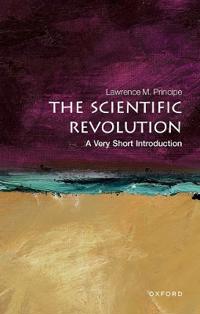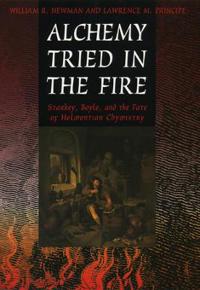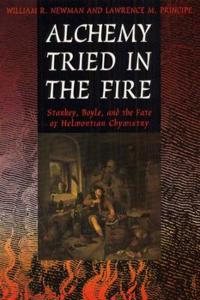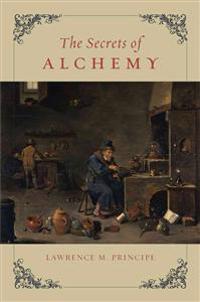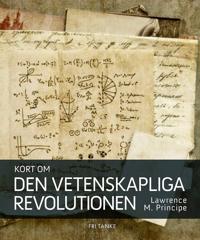The Scientific Revolution (Häftad)
avLawrence M. Principe
ISBN: 9780199567416 - UTGIVEN: 201104The sixteenth and seventeenth centuries witnessed such fervent investigations of the natural world that the period has been called the 'Scientific Revolution.' New ideas and discoveries not only redefined what human beings believed, knew, and could do, but also forced them to redefine themselves wit[...]
Alchemy Tried in the Fire (Häftad)
avWilliam R. Newman, Lawrence M. Principe
ISBN: 9780226577029 - UTGIVEN: 200507Using the previously misunderstood interactions between Robert Boyle, widely known as "the father of chemistry," and George Starkey, an alchemist and the most prominent American scientific writer before Benjamin Franklin, as their guide, William R. Newman and Lawrence M. Principle reveal the hithert[...]
Alchemy Tried in the Fire (Inbunden)
avWilliam R. Newman, Lawrence M. Principe, William R. Newman
ISBN: 9780226577111 - UTGIVEN: 2002-12What actually took place in the private laboratory of a mid-17th-century alchemist? How did he direct his quest for the secrets of Nature? What instruments and theoretical principles did he employ? Using as their guide the previously misunderstood interactions between Robert Boyle, widely known as "[...]
The Secrets of Alchemy (Inbunden)
avLawrence M. Principe
ISBN: 9780226682952 - UTGIVEN: 201211Alchemy, the "Noble Art," conjures up scenes of mysterious, dimly lit laboratories populated with bearded old men stirring cauldrons. Though the history of alchemy is intricately linked to the history of chemistry, alchemy has nonetheless often been dismissed as the realm of myth and magic, or fraud[...]
Kort om den vetenskapliga revolutionen (Inbunden)
avLawrence M. Principe
ISBN: 9789186061647 - UTGIVEN: 201304Under 1500- och 1600-talen undersöktes den naturliga världen så intensivt att perioden har kallats den vetenskapliga revolutionen. Nya idéer och upptäckter omdefinierade inte bara vad människor trodde, visste och kunde göra, utan tvingade dem också att omdefiniera sig själva i förhållande[...]

